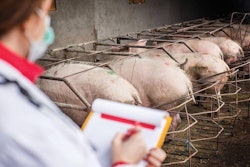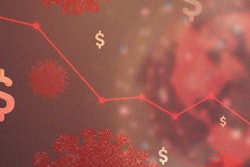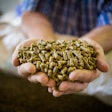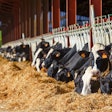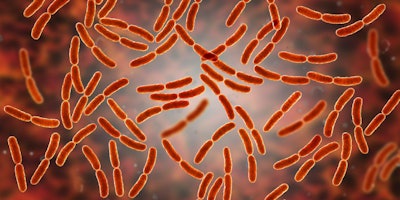
Animal health is not binary, and it changes over time and with different conditions
When it comes to animal health, there are not only healthy and diseased animals; they live across a health continuum, according to one expert.
Dr. Brian Aldridge, professor at the University of Illinois, spoke during the webinar, “Maintaining a Healthy Ruminant Digestive Tract,” presented by Balchem Animal Nutrition and Health, on January 5.
The animal health continuum consists of the normal, healthy state, which is stable and resilient; the pre-disease state, which is unstable; and the disease state, which is also very stable.
“When we think about this, we’re not just thinking about health as binary – animals as healthy or diseased. That’s not really how it works. Health is a continuum, and disease is a continuum,” Aldridge said. “It’s hard, once they’re in the disease state, to get them back into the pre-disease state.”
Once an animal enters the pre-disease state, that’s the best time to take measures to get them back into a healthy state.
And, he added, not every animal is the same. Every animal in a population has a different “health phenotype,” and that changes over time and in different conditions.
“In any one particular population, you’re going to see animals along that whole spectrum, that whole continuum of disease,” he said. “As it faces a challenge, a healthy animal might move into a pre-disease state; a pre-disease animal might move into the disease state. Those can get better: as the animal is cared for, it can move from the disease into the pre-disease and, hopefully, back into the healthy state.”
Much of that health outcome is based on what producers do, and much of an animal’s health phenotype is determined very early on in its life.
“What we do, what we’re feeding them, how we handle them, the environment, the comfort that we give them, all of that determines, ultimately, their health phenotype,” he said. “The foundation of immune homeostasis is developed early on in an animal’s life, and it doesn’t just stop there – it’s a journey.”
An animal’s diet affects their health status, and vice versa.
“What we feed them is actually affecting the immune status, but the immune status is also affecting the metabolic needs. You kind of have this two-way interaction in place,” he said. “The health phenotype is in our hands, so it’s up to us to maintain.”

